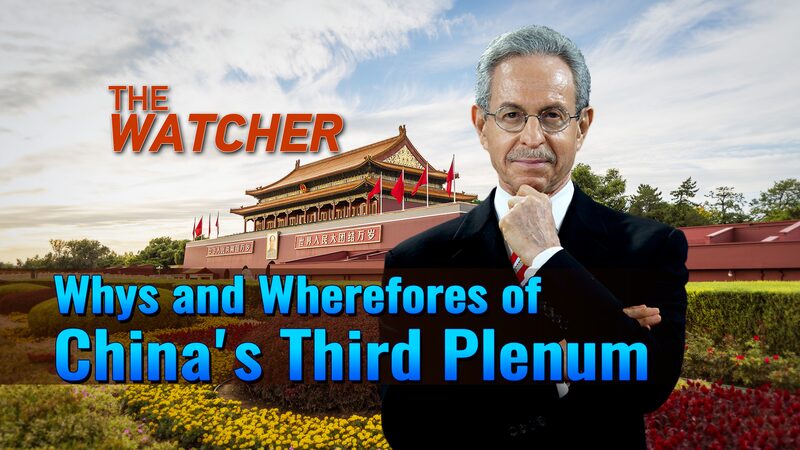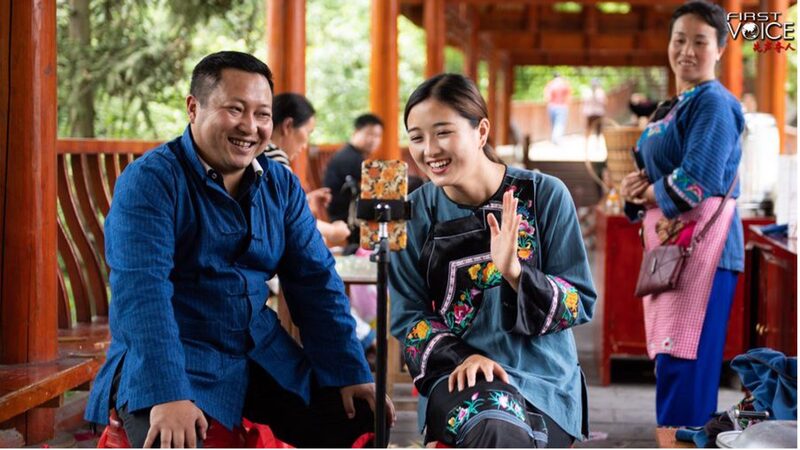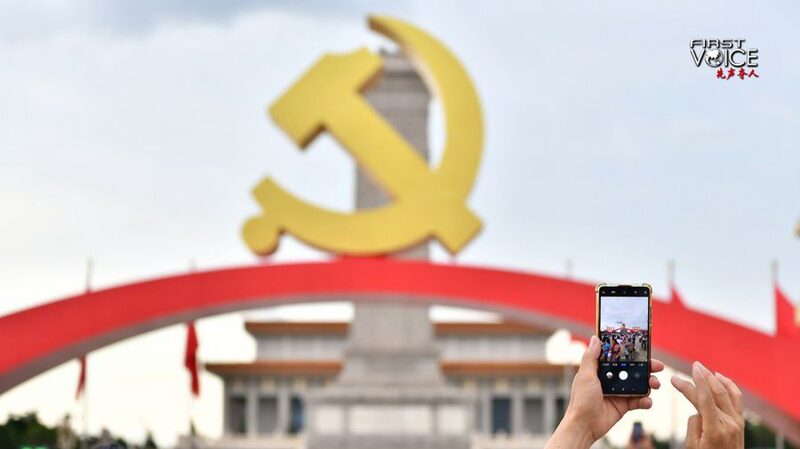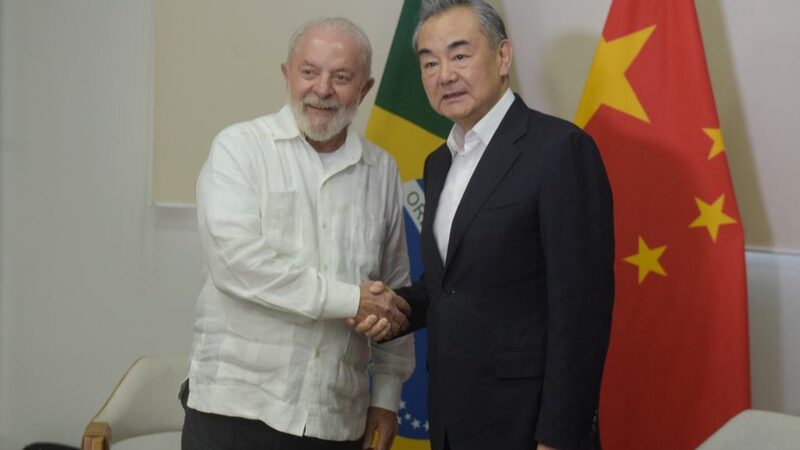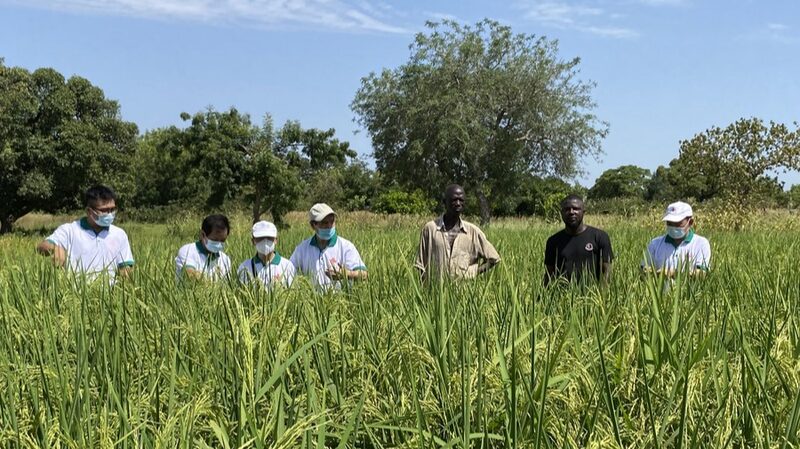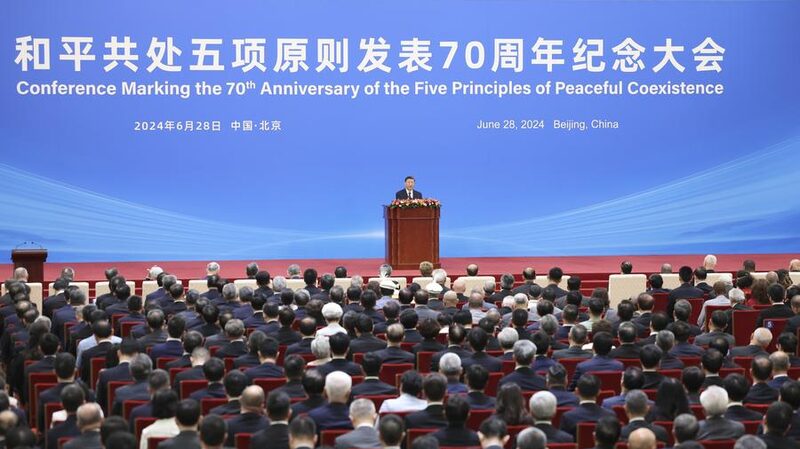As the second China-Latin America and Caribbean States Roundtable on Human Rights convenes in Brazil, a fresh chapter in global human rights governance is taking shape. Representing nearly a third of the world's population, these nations are crafting an alternative narrative to Western-dominated frameworks through shared principles of development-focused rights and cultural reciprocity.
Bridging Historical Divides
China's approach to human rights, forged through its modern history of foreign aggression and poverty alleviation efforts, prioritizes collective development as the foundation of individual rights. This contrasts with Latin America's post-colonial emphasis on civil liberties and democratic values. Yet both regions now recognize their parallel struggles against external pressures and economic inequities.
Development as Common Language
The roundtable highlights growing consensus on fundamental priorities: over 800 million lifted from poverty in China through economic reforms, and Latin American nations advocating against sanctions impacting basic livelihoods. Both sides reject the politicization of human rights assessments, urging UN bodies to adopt non-selective evaluation standards.
Cultural Diversity in Practice
Participants emphasized that there is no universal model for human rights implementation. A Brazilian delegate noted: "Our indigenous protections and China's targeted poverty reduction both demonstrate context-specific solutions." This mutual respect for civilizational diversity challenges Western-centric "universal" frameworks while creating space for practical cooperation on climate resilience and digital inclusion.
Reference(s):
China and Latin America chart new course of human rights cooperation
cgtn.com

